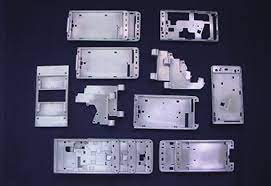
Magnesium alloy die-casting wheel for ebike

OEM high pressure die casting magnesium alloy wheel for e-bike

Customized foundry products e-bike components magnesium alloy wheel

Magnesium alloy rigid fork for bicycle -customized die casting metal parts

OEM high pressure die casting magnesium alloy frame for bicycle

Magnesium alloy die-casting electric vehicle mid-mounted motor housing

Magnesium alloy foundry parts bicycle frame CNC machining & surface finishing

Magnesium alloy die-casting rigid fork for bike

Magnesium alloy Thixomolding parts for oxygen suction machine housing

Mangensium alloy die-casting Thixomolding metal parts

Magnesium alloy Thixomolding power batter housing

Mangensium alloy die-casting Thixomolding metal brakets

Magnesium alloy die-casting parts&components for e-bike

Magnesium alloy Thixomolding power batter housing

Mangensium alloy die-casting Thixomolding metal parts

Mangensium alloy die-casting Thixomolding helmet

 0086-750-5616188
0086-750-5616188 +86 13392089688
+86 13392089688 sales@zhongmei-tech.com
sales@zhongmei-tech.com






